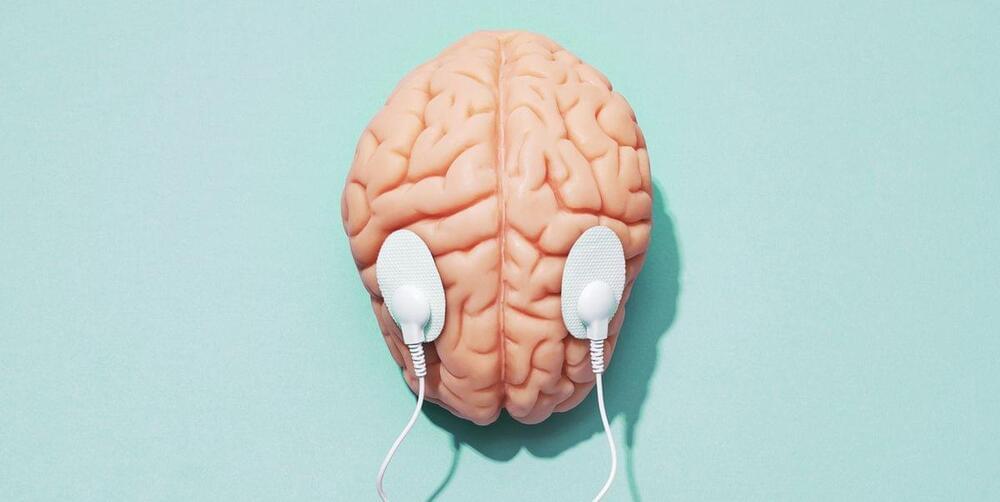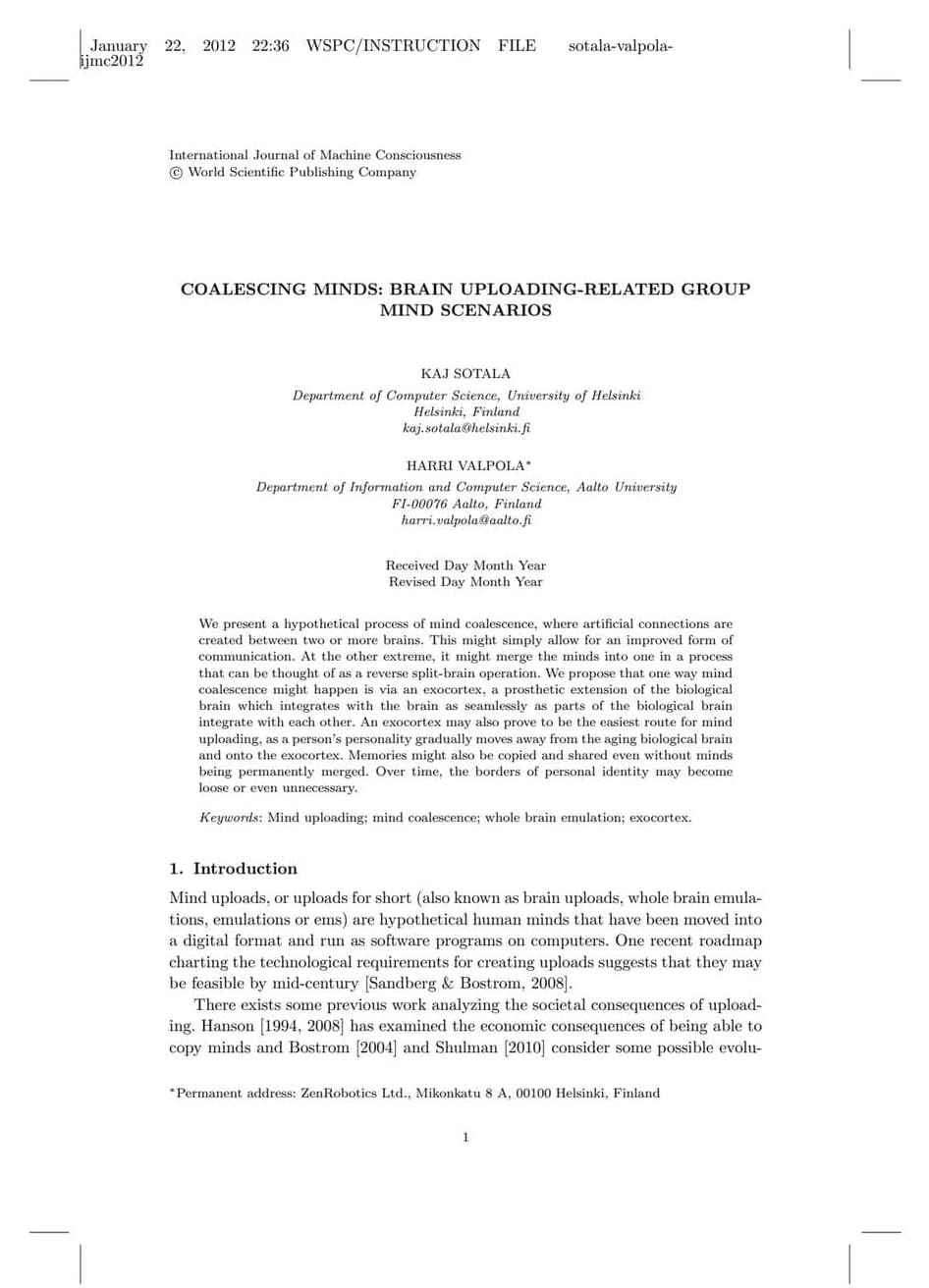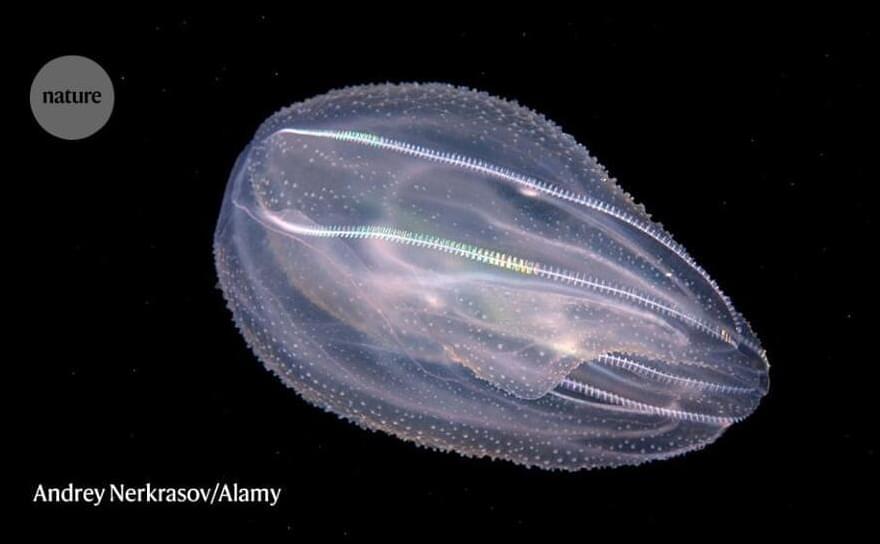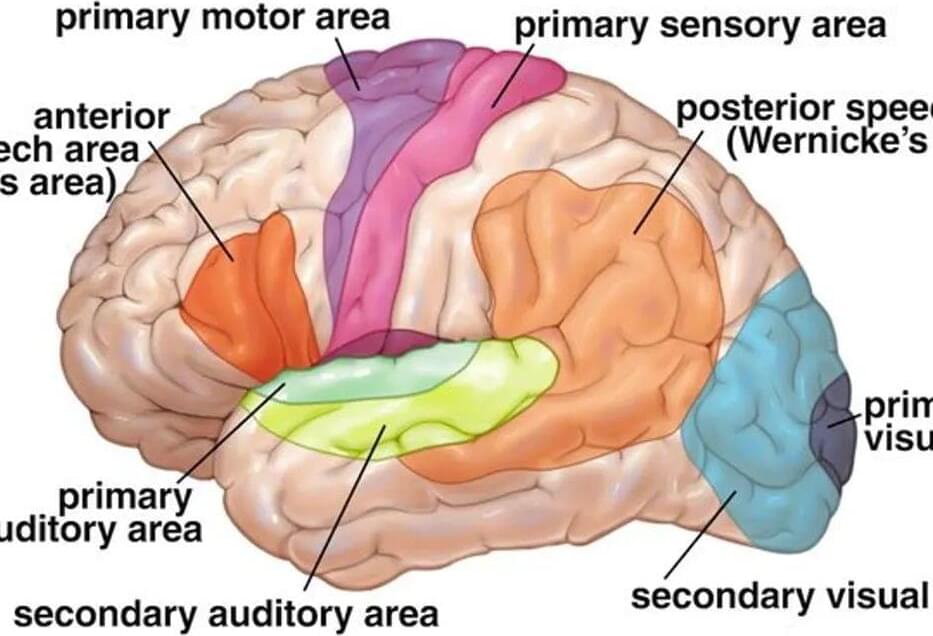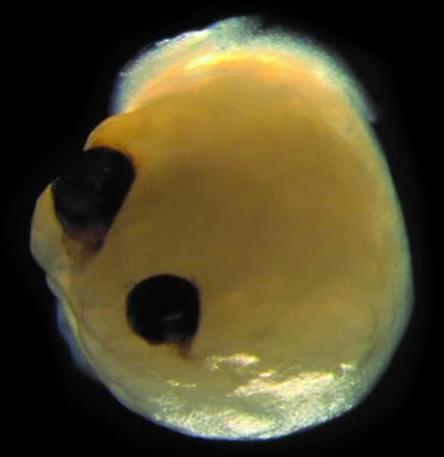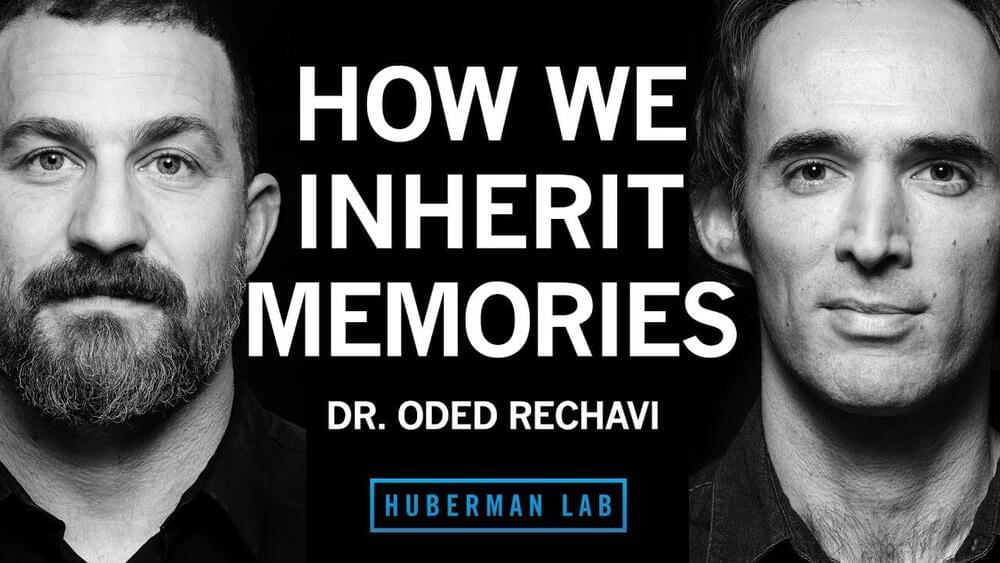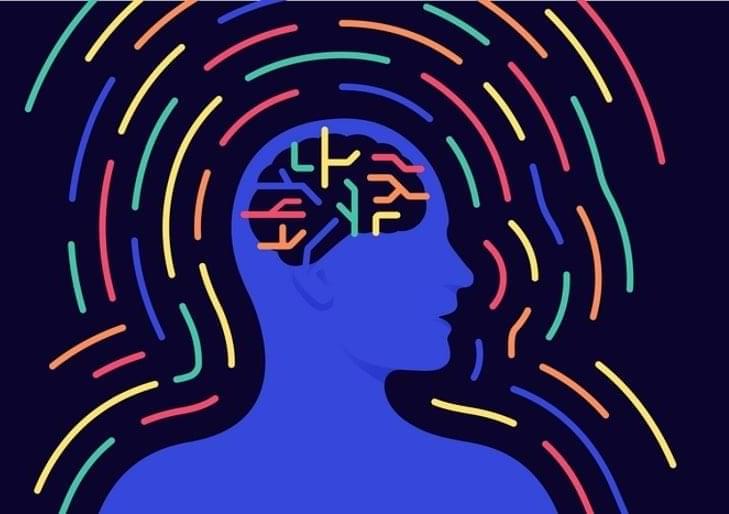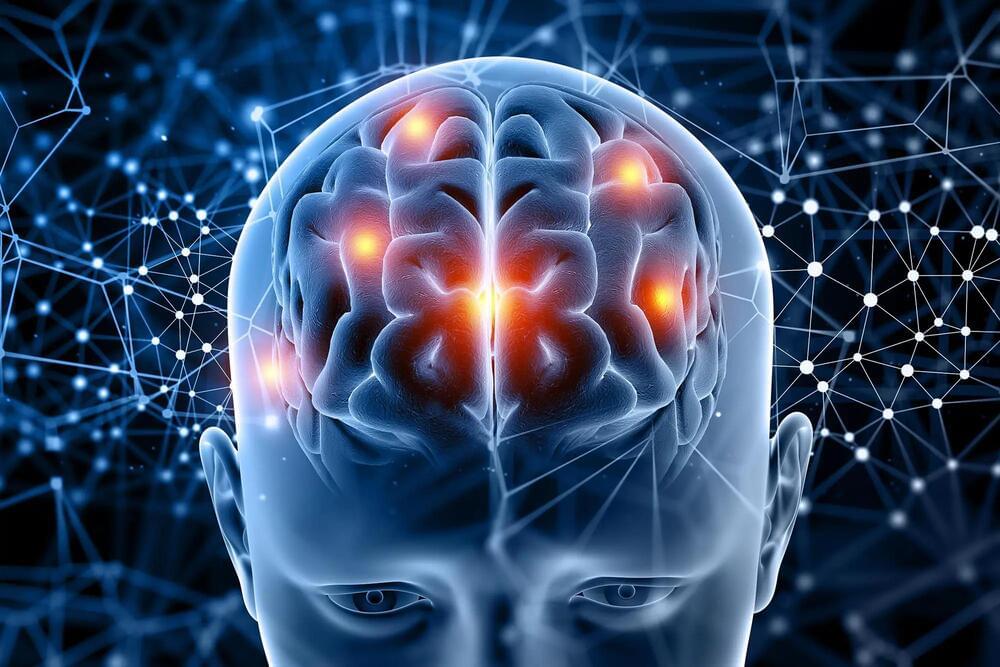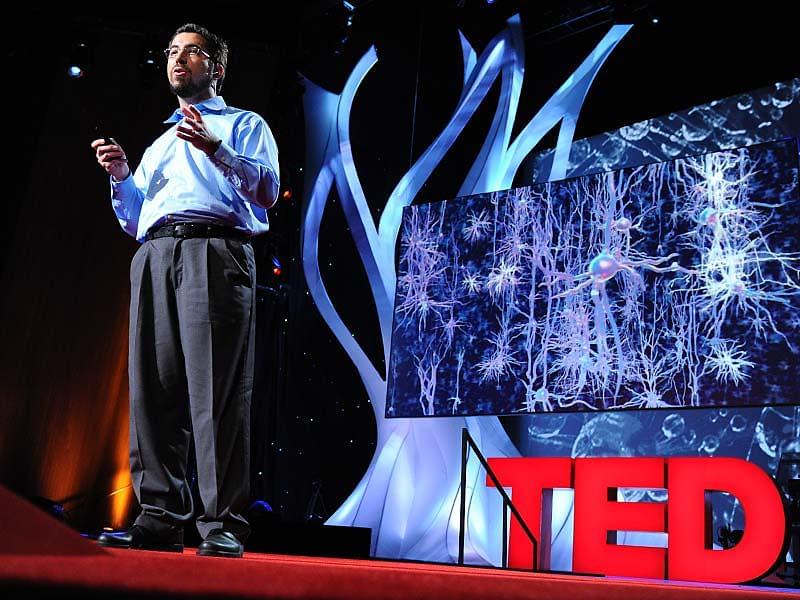Apr 21, 2023
Stroke: Changes in blood vessels offer new targets for treatment
Posted by Genevieve Klien in categories: biotech/medical, neuroscience
A stroke occurs when an artery in the brain becomes blocked or bursts. The brain cells beyond the blockage or bleed are deprived of oxygen and nutrients, so are damaged or die.
Scientists have been trying to find ways to minimize the damage following a stroke and speed up recovery.
Now, a study led by scientists from Weill Cornell Medicine has found changes in gene activity in small blood vessels following a stroke. The findings suggest that these changes could be targeted with existing or future drugs to mitigate brain injury or improve stroke recovery.

